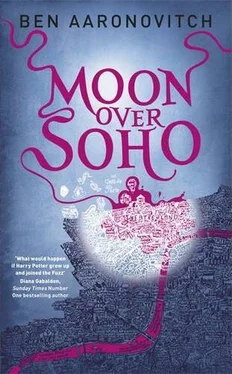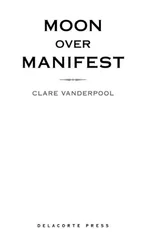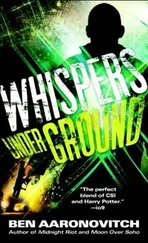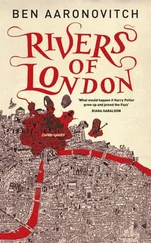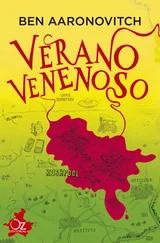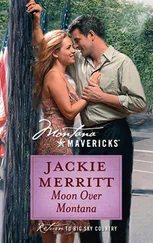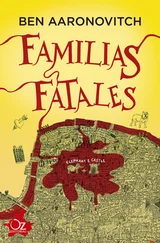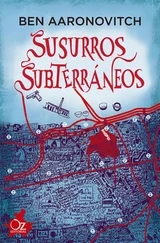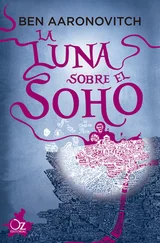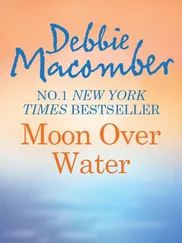“We need to know what it was Johnson told Dunlop,” she said.
“I’ll bet it had to do with the Obscene Publication Squad,” I said. “What else would he have to talk about?”
“There’s more to people than the job,” said Stephanopoulis.
“Not this man,” I said. “If he had any special interests they were on the stolen tapes. I think he may have been killed, in part, in order to recover them.”
“I see it,” said Stephanopoulis. “OPS plus videotapes, plus story to a journalist, some juicy scandal from the 1960s? Maybe somebody wanted to shut him up. If we find out what the story was we’ll find out who has a motive.”
I told her about Alexander Smith’s presence in one of the photos on the mantelpiece.
“Who’s he when he’s at home?” she asked.
“Nightclub impresario,” I said. “Goes all the way back to the 1960s, had an extended vacation abroad in the ’70s and ’80s.”
“Is he a gangster?” asked Trollope.
“He’s dodgy, is what he is,” I said.
“How did he come to your attention?” asked Stephanopoulis.
“During the course of another inquiry,” I said and glanced at Trollope. I wasn’t sure how much Stephanopoulis would want me to say outside the Met.
“Do you think they’re related?” she asked.
“I don’t know,” I said. “But it’s definitely a place to start.”
Stephanopoulis nodded and pointed at me. “You get some sleep. I want you nice and fresh tomorrow,” she said and then looked at Trollope. “You — your boss has given you to me as my plaything so I need you to run some errands for me — all right?”
“Yes ma’am,” said Trollope.
“What are we doing tomorrow?” I asked.
“We’re going to have a nice long chat with one Alexander Smith,” she said.
I FOUND it surprisingly easy to sleep across the backseat of the Transit but I woke up to a clear and freezing morning and was really glad when DC Trollope turned up in an unmarked Mondeo to ferry me and Stephanopoulis to the train station. I swapped mobile numbers with Trollope because it never hurts to network and headed inside in search of coffee. Norwich station has your standard late-Victorian brick, cast-iron, and glass shed retrofitted with the bright molded plastic of various fast-food franchises. I gratefully staggered in the direction of Upper Crust and considered asking if I could stick my head under their coffee spigot but settled for a couple of double espressos and a chicken tikka masala baguette instead. Stephanopoulis didn’t approve.
“The chicken in that is embalmed, dried and pressed very flat, and then sprinkled with extra chemicals,” she said.
“Too hungry to care,” I said.
We caught the express to Liverpool Street and Stephanopoulis got us a warrant card upgrade to first class, which on a short route like that meant slightly bigger seats and slightly fewer plebs. This suited Stephanopoulis because she was asleep before the train left the station.
There was no WiFi on the train so I booted up a PDF of Latin for Dummies on my laptop and spent an hour and a half getting to grips with third-declension adjectives. We were twenty minutes out of Liverpool Street and the suburbs were a comforting rainy smear when Trollope called me.
“They let me into the shed,” he said. “I was right. The door was forced.” The entry method had everyone puzzled because the lock and small circle of the surrounding wood had been popped right out. “Nobody can work out how it was done,” he said.
I knew. It was a spell. In fact it was one I’d seen Nightingale use on a garden gate in Purley when we were dealing with the vampire nest. Either our black magician was getting careless, didn’t know that there was anyone capable of hunting him, or just didn’t care that we might be alerted to his presence.
According to Trollope, the shed had been the usual mess, gardening tools, flowerpots, hose, and bits of bicycle.
“I don’t think we’re ever going to find out if something was nicked or not,” he said. Forensics were dusting for fingerprints all the same. The details of that, the lock, along with the report on the two possible footprints found in the lawn, were being attached to the relevant nominal on HOLMES. I thanked Trollope and promised to let him know if anything exciting happened.
Stephanopoulis woke up with a snort just as we were pulling into the station and gave me the briefest look of confusion before she got oriented. I filled her in on the lock in the shed and she nodded.
“Should we get your governor in?” she asked.
Dr. Walid had been firm. “Not yet,” I said. “Let’s see if I can’t get confirmation from Alexander Smith first, before we get him out of bed.”
“Oh yes, Smith,” said Stephanopoulis as the train came to a stop. “A villain of the old school. This should be a treat.”
Stephanopoulis decided to use West End Central for the interview. Built in the 1930s on Savile Row, it’s a big square office block that’s been clad in expensive Portland stone in the hope that it will disguise its essential dullness. Just across Regent Street from Soho proper, it’s the main base of operations for Clubs and Vice, and Stephanopoulis persuaded an old friend of hers who worked there to pick up Alexander Smith for us. The idea was to promote in his head that he was just a small fry caught in a great big impersonal grinding machine. We were aiming for a cross between Kafka and Orwell, which just goes to show how dangerous it can be when your police officers are better read than you are. We let him marinate in the interview room for an hour and a bit while me and Stephanopoulis sat in the canteen drinking the bloody awful coffee and sketching out our strategy for the coming interrogation. Well actually, Stephanopoulis did the sketching while I sat there and filed it all away under best practice.
Alexander Smith had been abroad in the 1970s and 1980s all right — living near Marbella in southern Spain on the notorious Costa del Crime along with a lot of tough middle-aged men who sounded like Ray Winstone and had all the moral fiber of damp tissue paper. He was a villain of the old school, but a smart one because he never got caught or prosecuted. He’d owned a club but his main income had been from acting as a middleman between bent coppers and the porn barons of Soho. He literally knew where the bodies were buried and would be expecting us to want to focus on that.
“But he’s scared,” said Stephanopoulis. “He hasn’t asked for a brief or even a phone call — he actually wants to be banged up.”
“Why not just ask for protection?”
“Villains like that don’t ask for protection,” said Stephanopoulis. “They don’t talk to the police at all unless they’re looking to buy you. But he’s scared of something and we need to find out what it is. When we do, we jam in the knife, give it a twist, and he’ll open up like a winkle.”
“Not an oyster then?” I asked.
“You follow my lead,” said Stephanopoulis.
“What if we start getting into my area of expertise?” I asked.
Stephanopoulis snorted. “In the event of us charting that small corner of a foreign field you get to ask the questions you need to ask,” she said. “But be sensible and be careful because I don’t like to kick people under the table — it’s unprofessional.”
We finished off our bloody awful coffee and had a brief discussion about stack size. It’s not unknown for police officers going into an interview to pad out their files with a few reams of fake paperwork, the better to convey the notion that we, the police, know everything already so you might as well just save time and tell us what you know. But Stephanopoulis felt that an old lag like Smith wasn’t going to fall for that. And besides we wanted to convey the idea that we weren’t that bothered.
Читать дальше
